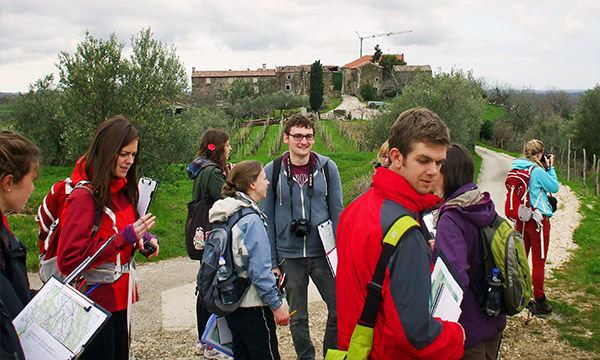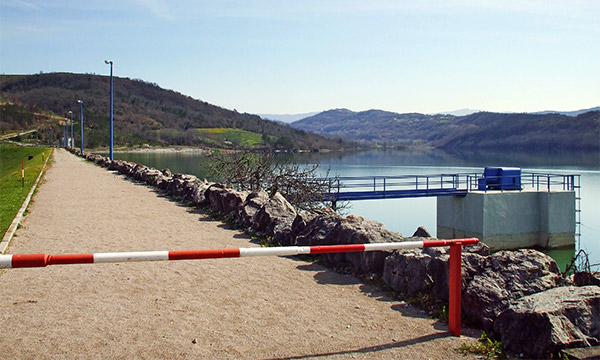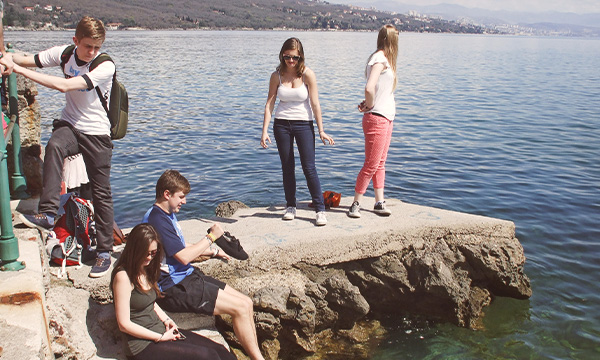Learn about the challenges of managing the environment, particularly water resources, in the Istrian Peninsula.
On this field trip, you will explore Croatia’s Istrian Peninsula. An idyllic landscape of olive groves, forests, wineries, and beaches, Istria is also the setting of dramatic social-economic, political and environmental changes and contrasts. This field course will focus on the challenges of environmental management--particularly of water resources in this unique landscape.
Situated on the northern Adriatic, Istria's environment is strongly governed by its karst geology, unique biodiversity (30% endemism), and its position on the transition between humid temperate and desert climates. These present challenges for land and water resource management, including access to underground springs, seasonal flooding, poor soil management, and climate change.
However, the management of Istria's natural resources is equally shaped by a complex and changing social and political context: Once part of Venice's Empire, later a playground of Austro-Hungarian aristocracy, Socialist Republic, recent democracy (1991), and a new EU member (2013), Croatia is a country in continual transition. Shifting political regimes, ideologies and regulations - and shifts in migration and the local economy - have profound legacies on how Istria manages its water resources. On top of this, a booming contemporary tourism trade is impacting how land is used, placing extreme seasonal demands on water resources. This course will provide an understanding of the interconnections among environmental, socio-economic and political dimensions of land and water management in Istria.
Take a look at our story map for more information about where you will visit and what you will learn as part of the field course.
If you opt to take Study Abroad year, modules and field courses available for year 3 will be chosen from your host university. The fieldwork options available are subject to pre-requisites.








